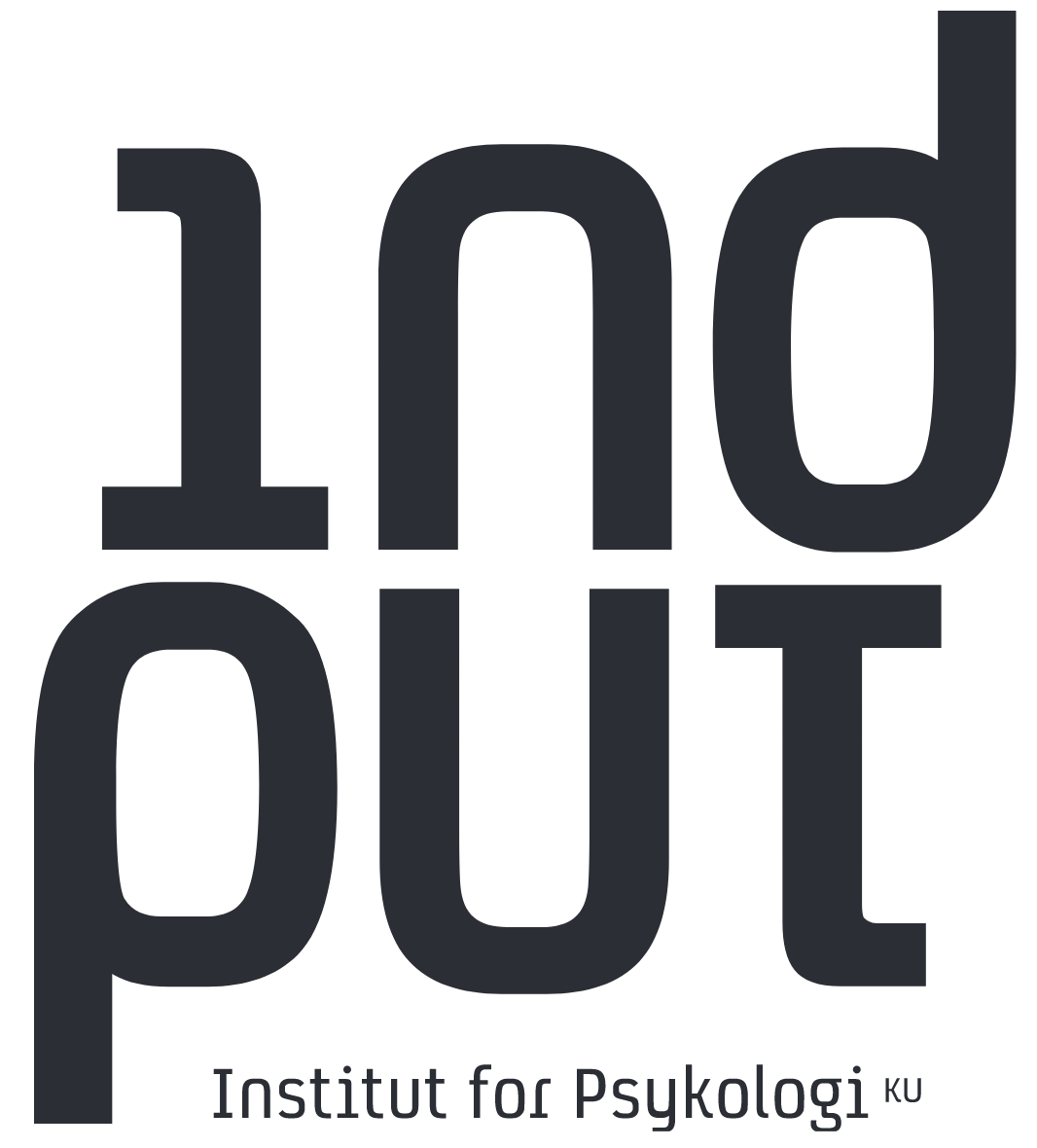Internetafhængighed - Symptom eller gennemgribende samfundsproblem?
Abstract
This dissertation sets out to explore the grounds on which the term Internet Addiction is based. The concept is not yet accepted in the Diagnostic and Statistical Manual of Mental Disorders (DSM), as there are substantial inconsistencies in the definitions and diagnostic tools of the disorder. This dissertation looks closely and critically at the empirical foundation of Internet Addiction and proposes several interventions and a suggestion for a future study.
The term, Internet Addiction, describes a state in which the individual has lost control over his or her internet use; the screen time is used to modify one’s mood and lose oneself in the endless stimulating and pleasurable content of the internet. What first aroused a liking sensation in the brain transforms into wanting; the rushes of dopamine help store information about the context and pleasurable feelings in order to motivate the individual to seek out the stimulant again. Unconsciously, the individual embarks on compulsive behaviour often resulting in conflict and negative consequences in professional as well as personal life.
Internet Addiction is mainly assessed using self-reports, however, these suffer in validity on several points. Recruitment for the studies presented in this dissertation is often based on advertisements, resulting in selection bias, and there is a risk that the participants wish to present themselves with less of a problem than what is actually the case, producing a social desirability bias. Neuroimaging studies show neural correlates between Internet Addiction and other types of addiction, which validates the disorder. Studies also show neural activity in Internet addicts in structures associated with feelings of disembodiment, which results in more unstable ground for assessing Internet Addiction using self-reports.
In order to gain a better understanding of whether Internet Addiction is a symptom of other mental disorders such as depression and ADHD, or whether these come as a consequence of Internet Addiction, more longitudinal studies are needed. This dissertation rounds off by presenting a proposal for a longitudinal research design of twins and siblings using a combination of self-reports, log data from an app, and neuroimaging. Suggestions for interventions in order to facilitate a controlled and meaningful internet use is also presented and discussed towards the end of this dissertation.
Bedømmelse: 12
